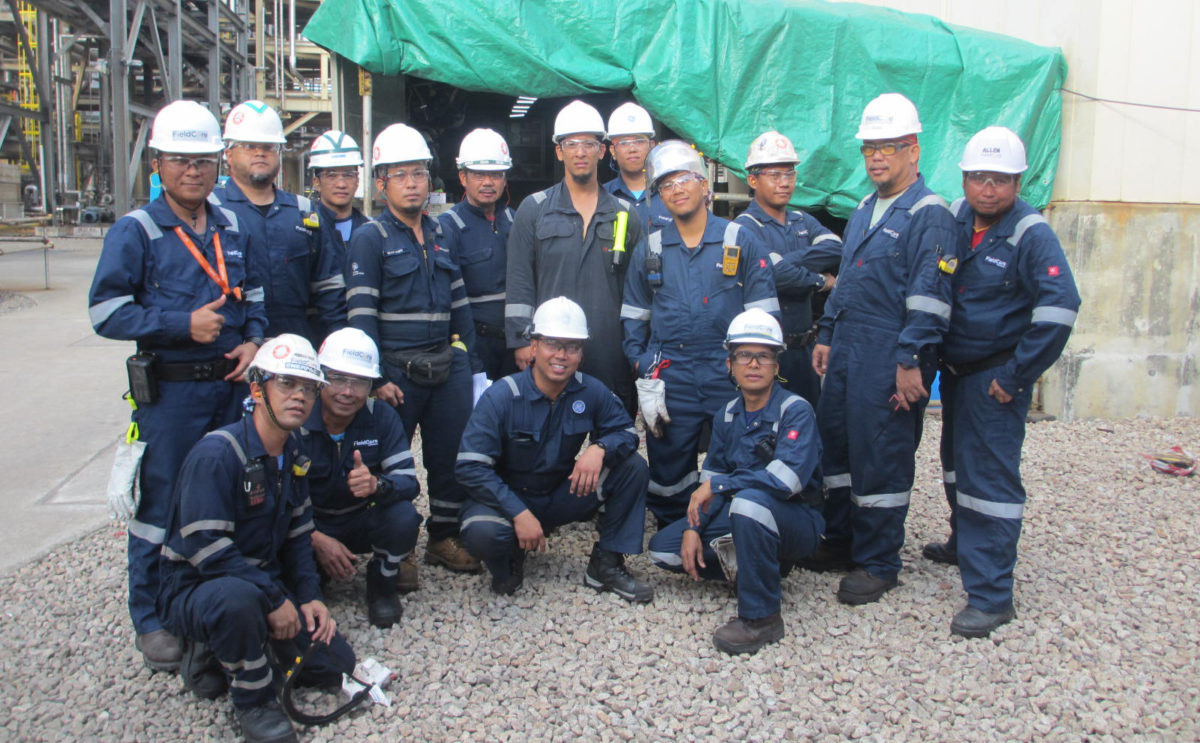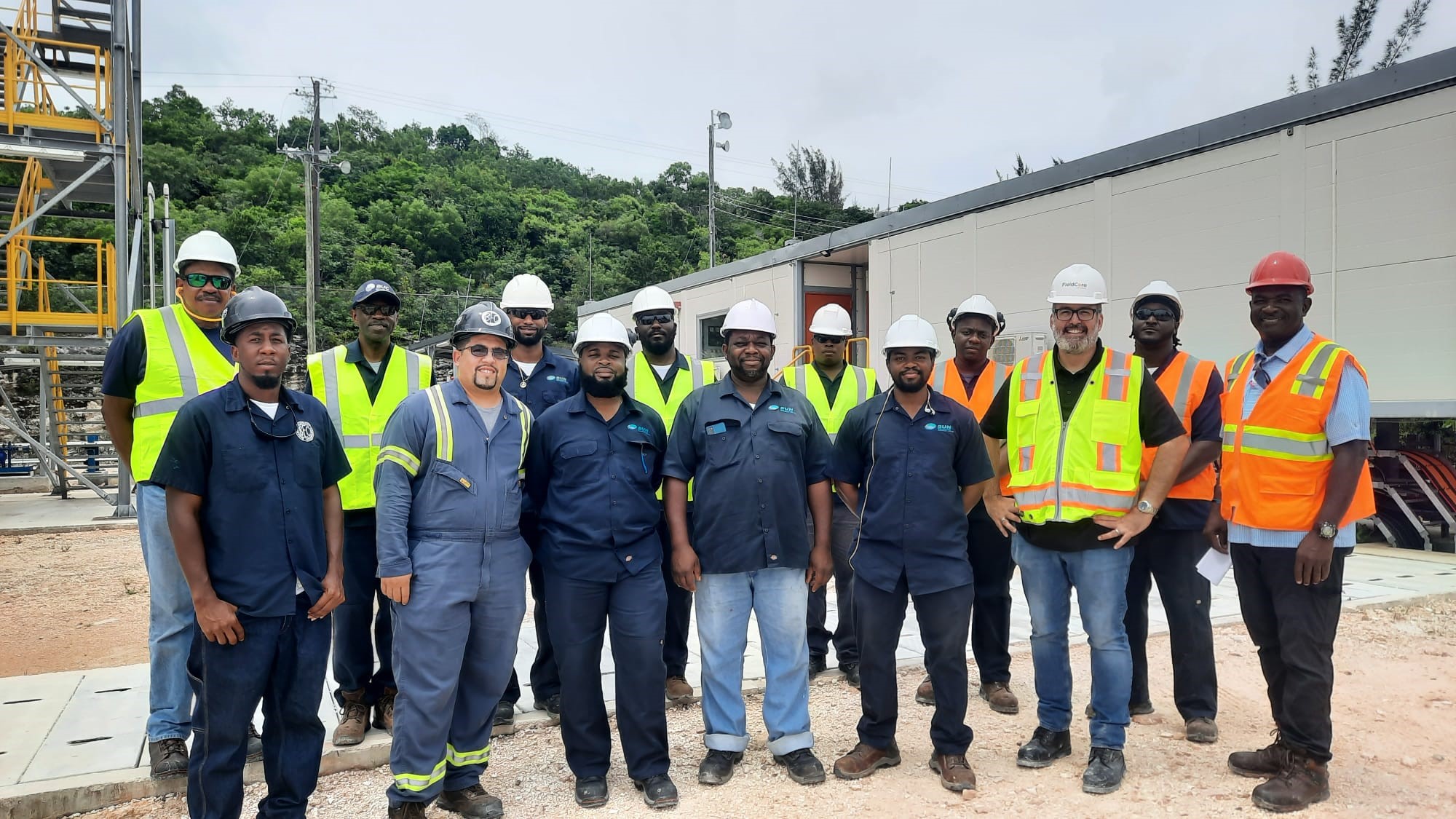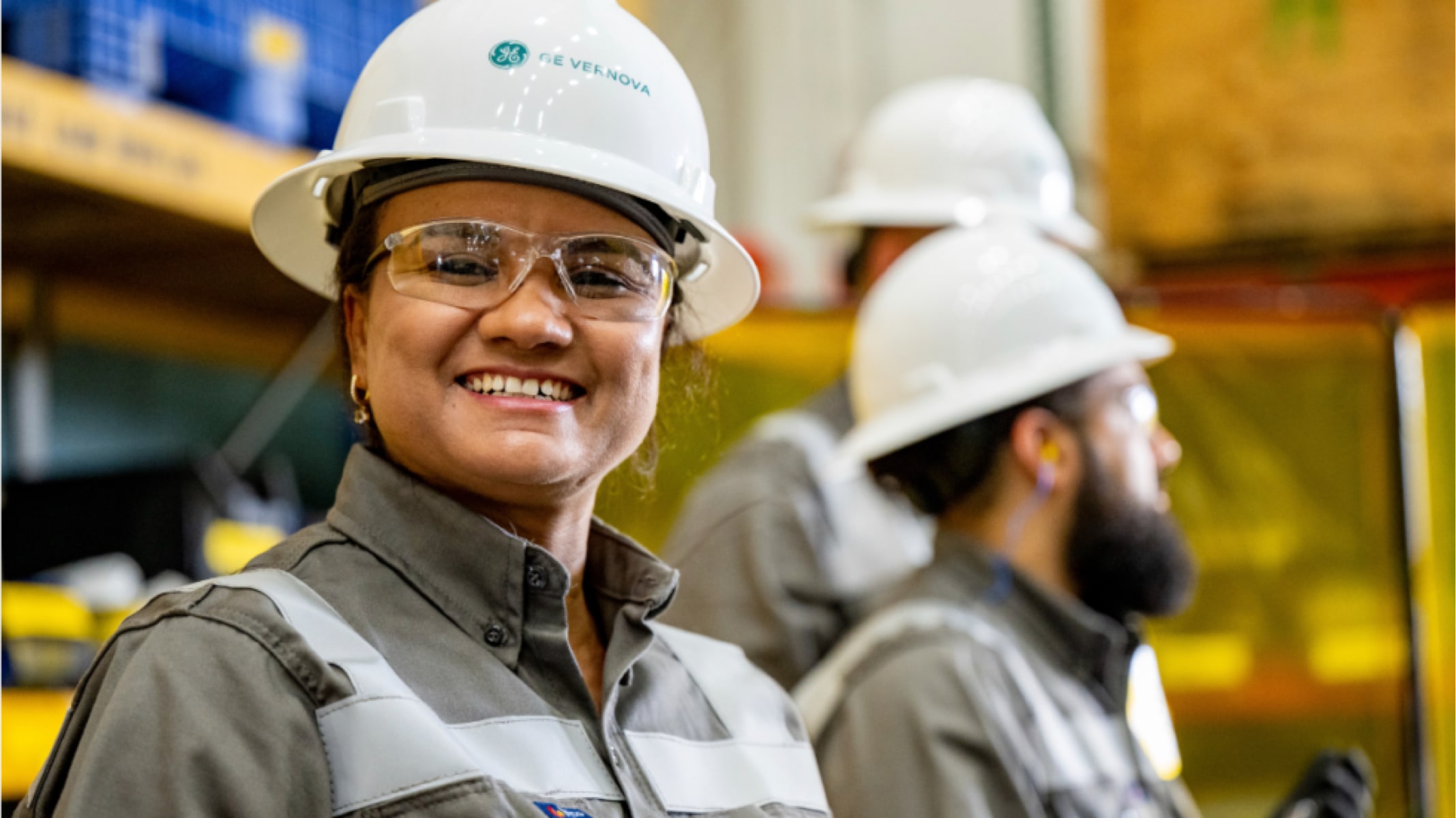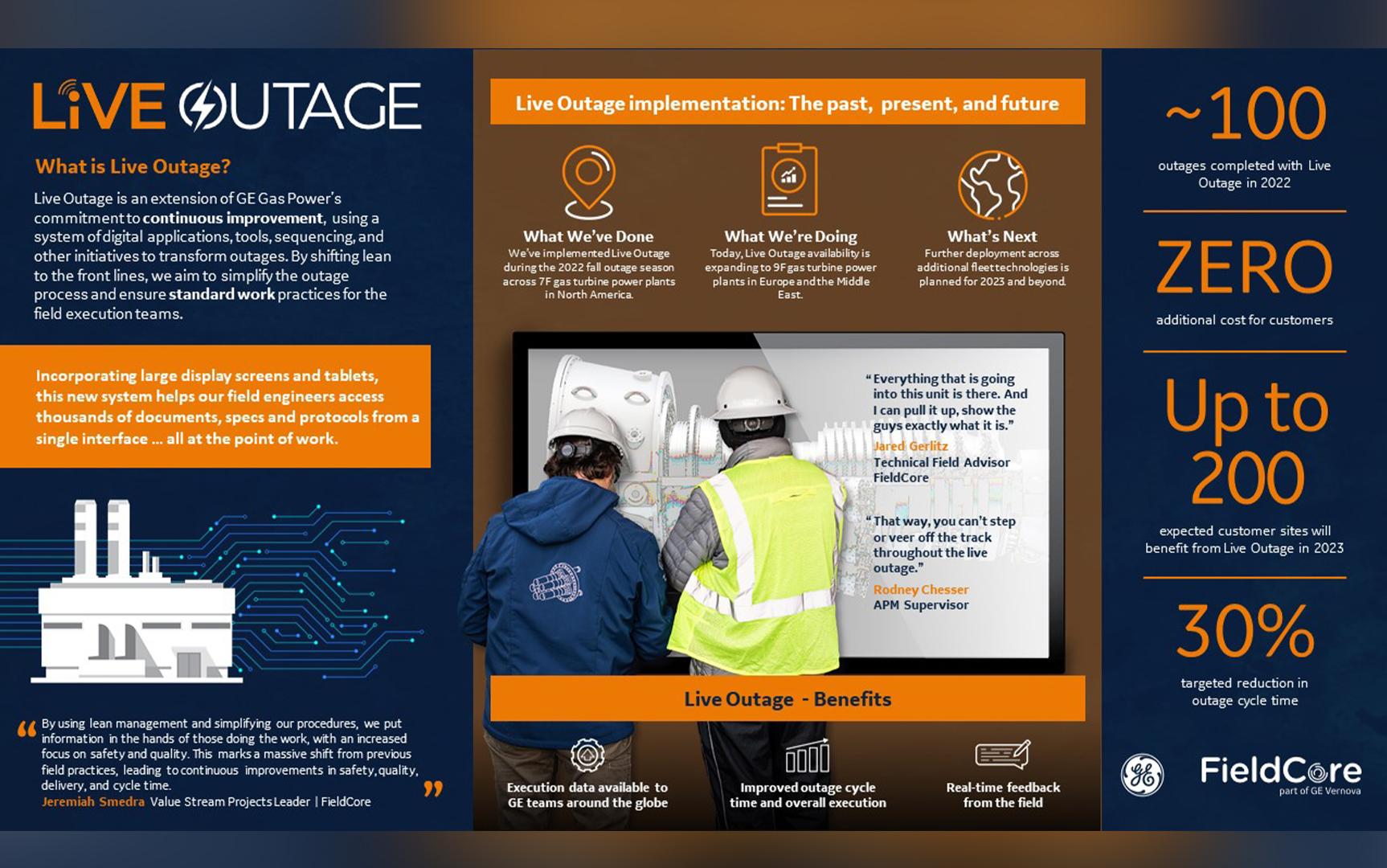A Rotor in Major inspection (RIMI) was carried out by the GE and FieldCore Teams at ExxonMobil Asia Pacific Pte Ltd Chemical Plant in Jurong Island, Singapore. The chemical plant, boasting an ethylene capacity of 1.9 million tons per year, is fully integrated with a refinery facility to form ExxonMobil’s largest integrated refining and petrochemical complex in the world.
The one-month outage running from 15 Jan to 28 Feb 2019, involved a RIMI on a GE 9E gas turbine, as well as generator work and R1 blending repairs. This is the second planned outage following the completion of the first project that was successfully completed in March 2018.
Despite project complexities, the team’s technical skillsets and deep domain experience, as well as strong collaboration between GE and FieldCore were key to the successful execution of the project. More than 80% of the craft labor assigned to the project were ExxonMobil returnees, or had experience working with RIMI outages in the past. The requirement for skilled labor, as well as daily Loss Prevention Safety Assessments were important criteria to meeting the site’s strict safety and quality standards.
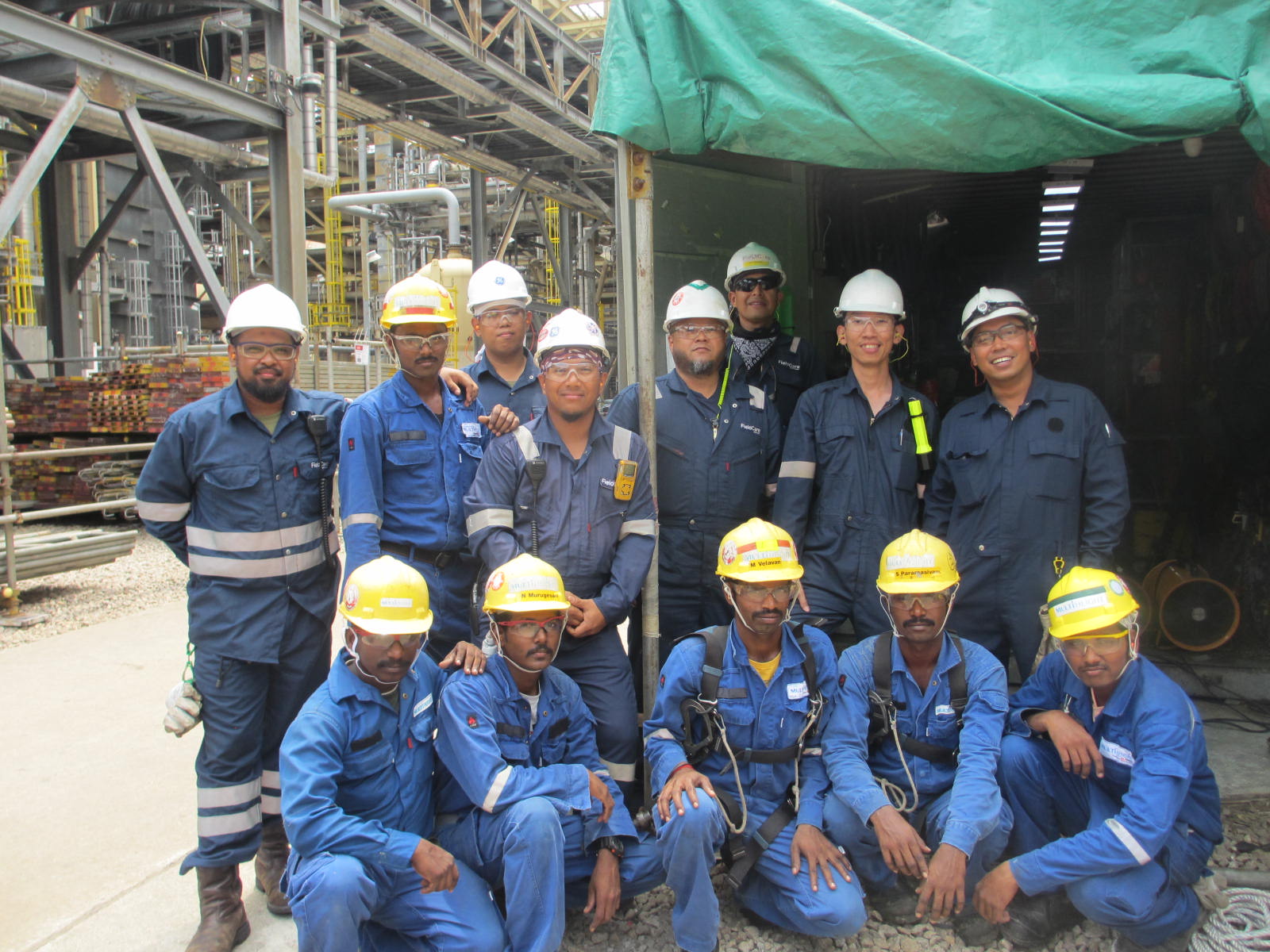
Today, many gas turbine operators continue to opt for rotor-out major inspections, which are complex and inefficient. The process involves the lifting and moving out of the rotor, which typically forms the longest portion of an outage, while bringing about a lot of risk to both site employees and equipment.
However, GE has developed RIMI, as an alternative procedure that can increase safety and productivity while reducing downtime and lowering the cost of a major inspection. Specialized tooling and techniques allow E-class major inspections to be performed without removing the turbine’s rotor. This saves time by decreasing the duration of the outage duration, cuts costs by eliminating the need for heavy lifting equipment, reduces labor and reworks that may have come about during dismantling and installation, reduces EHS risk due to lowered exposure from reduced work scope, as well as simplify logistics by requiring fewer interfaces with other contractors.
The project was completed successfully, and the team was commended by customers for their high level of competency, and strong engagement led by the CPM, outage manager, TFAs, craft supervisor, team members, as well as global accounts team.
